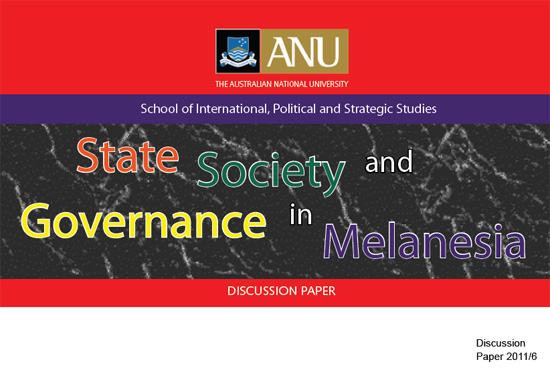
Mosmi Bhim
A day after the military takeover of the Fiji government on 5 December 2006, Commodore Bainimarama proclaimed a nationwide state of emergency that gave wide-ranging powers to the military to enforce the new regime’s agenda. These repressive powers were entrenched in the Public Emergency Regulations (PER) imposed after the 10 April 2009 abrogation of the 1997 Constitution. Early promises of elections by 2009 were not kept; instead, successive decrees were promulgated to restrict human rights, suppress freedom of expression and clip the wings of the judiciary and indigenous Fijian institutions. They were aimed at stifling the capacity and will of the people to demand a return to democracy, and at entrenching the position of Bainimarama’s unelected government. The allocation of key government ministries and departments to military officers, and the winning over of specific indigenous communities by the provision of infrastructure projects have strengthened this position. All of these actions, combined with a strategy of sidelining any political or military leader capable of replacing Bainimarama as PM or military commander, suggest that the post-April 2009 authoritarian military regime has become what Geddes terms a ‘personalist’ regime, (in contrast to military or single-party regimes) even if this was not an original aim of the coup. In personalist regimes ‘access to office and the fruits of office depends much more on the discretion of an individual leader’ (Geddes 1999:121). But, despite the high levels of repression, the fragility of Fiji’s economy poses a threat to the current government, adding to the threat imposed by those few still voicing opposition.
Keywords: coup, democracy, dictatorship, Fiji, freedom of expression, indigenous, judiciary, media law, military, state of emergency,
Bhim, Mosmi (2011). Stifling opposition: An analysis of the approach of the Fiji government after the 2006 coup. Discussion paper on State, Society and Governance in Melanesia, School of International, Political and Strategic Studies, Australian National University. Full text archived here: http://ips.cap.anu.edu.au/ssgm/publications/discussion_papers/dplist.php?searchterm=2011
Full text PDF file


